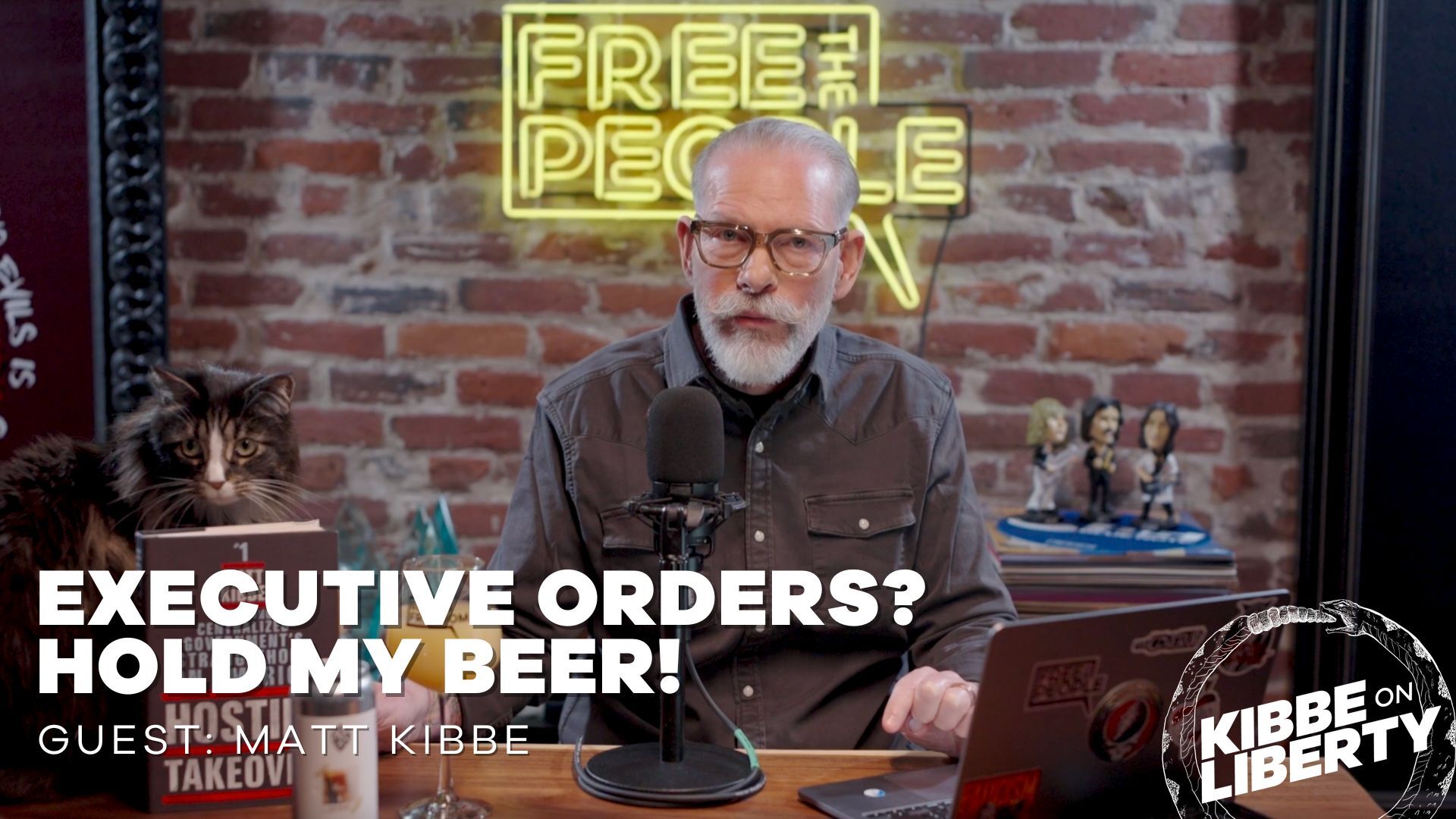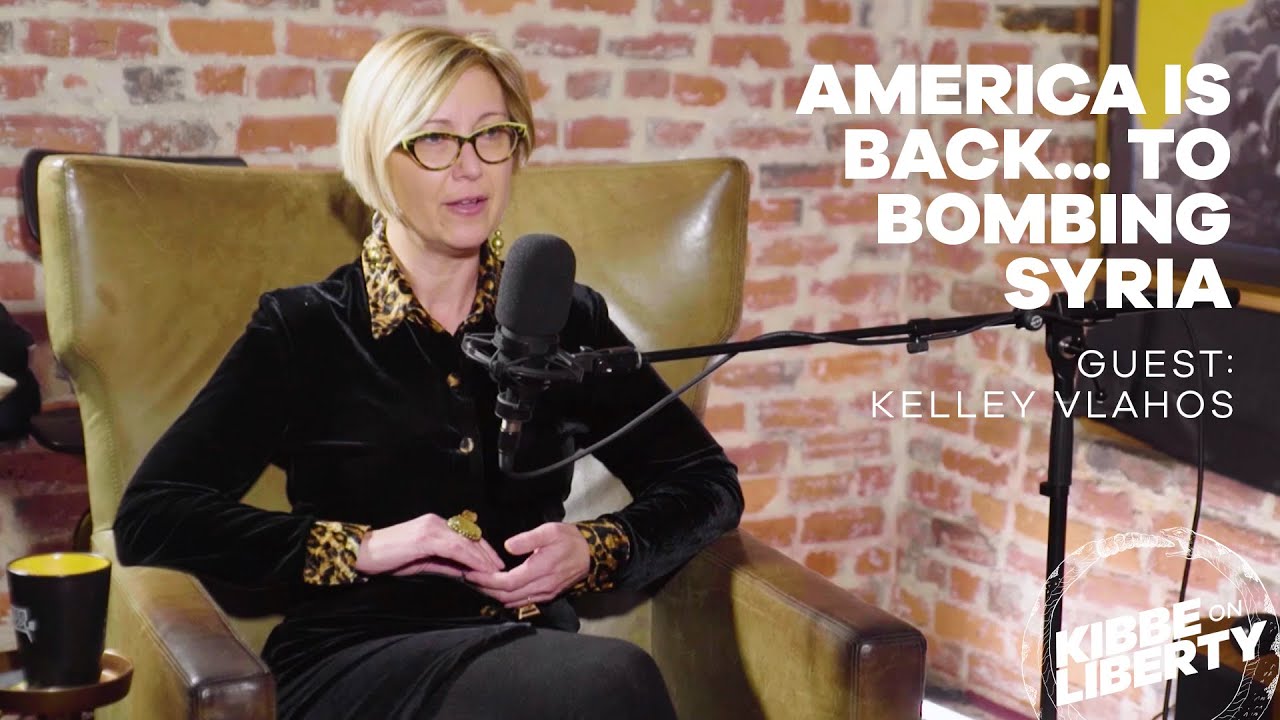
Why Conservation Shouldn’t Be Government’s Job
Late in his second term, Barack Obama controversially designated large portions of Utah as a national monument, essentially snatching the land from the state and its residents under the assumption that the federal government knows best how it should be used.
As the feds already control most of Utah’s land — as well as that of many other western states — it really felt like a creeping takeover that was totally unjustified. Now, President Trump is significantly reducing the Bear Ears’ national monument designation, over the howls of conservationists.
This is a good move — respecting federalism and standing against federal overreach. But the broader point I think needs to be made here is the false belief that we can rely on the government to preserve things that the private sector would exploit and destroy.
Defenders of the national parks program and other government conservation efforts claim that we need government to save our natural treasures from the evil capitalists who want to burn them down and strip-mine them. But what reason is there to believe that government designations are somehow foolproof or permanent?
As Trump is demonstrating, national monuments are transient pawns of politics. When the occupant of the White House changes, government protection of land can also change — sometimes with surprising speed.
Putting land in the hands of the government is not to make that land “safe”; it merely alters the incentives for development. As in the case of Bear Ears in Utah, it allows preservation to become a political football, and it also opens the doors to lobbying, in which politically favored groups can gain access to land that would be unavailable to anyone else.
This is not only an unfair, cronyist system, but also a grossly inefficient way of allocating resources.
But what’s the alternative? Without government involvement, won’t corporations just raze the land without a second thought? Not necessarily. Unlike government, business depends totally on the goodwill of its customers. If people care about a particular piece of land, they will be willing to voluntarily work to preserve it.
This can mean volunteer efforts towards stewardship, paying an admission fee to experience the land, donations for upkeep, or even individuals banding together to purchase and preserve land on their own.
Of course, not all land will be indefinitely protected in this way, but not all land should be. The market allows more valued land to be preserved while less valued land is free to be employed for more productive purposes. With government, it’s arbitrary — a judgment call of the chief executive unrelated to the wishes of the people or the efficiency concerns of land use.
Trump’s reversal of Obama’s national monuments is a good reminder for us all that, if you want something done, you need to step up and take responsibility for it yourself. Depending on others, particularly the government, to steward land as you want them to will only lead to disappointment.
When government is a substitute for personal responsibility, power is put into the hands of people who don’t care, and who are influenced by politics more than either ethics, popular demand, or sensible resource exploration.
If conservation is important to you, start conserving. Volunteer, donate, organize. Because no one else is going to do it for you.
This article originally appeared on Conservative Review.
Free the People publishes opinion-based articles from contributing writers. The opinions and ideas expressed do not always reflect the opinions and ideas that Free the People endorses. We believe in free speech, and in providing a platform for open dialogue. Feel free to leave a comment.



